An unofficial survey led on several League of Legends (LoL) subreddits has resulted in interesting outcomes regarding toxicity and demographics. The survey explored different areas such as game modes, social connections, and more. The ultimate result that most Redditors are cringing at is the correlation between toxicity and certain champions.
The survey, created by a player known as Celianna, broke down the results of 3,784 respondents. This large sample does not reflect the game entirely, but it gives a good idea of the people who play League of Legends. The survey ran throughout all of January 2020 and was only posted on Reddit, thus only reflecting Reddit LoL players.
Demographics
First are the demographics. The largest group of players, at 37% of respondents, were between the ages of 21 and 24 years old. Length of time players have been with the game was also measured, with the highest being 6-7 years at 28%. A dominant 87% of respondents answered as male, compared to 12% female and 1% non-binary or other.
The largest group of everyday players were those who identified as NEET (Not in Education, Employment, or Training) at 7%. Age did not correlate to how many times a person plays throughout the week. Students without jobs are accounted to play 16+ games a session, where most players only play between two and five games.

Competitiveness and toxicity
The survey results that started conversation were those in the ranked and toxicity categories. An expected 95% of players responded that they play Summoners Rift, and of that, 15% only play ranked. Sixty-one percent of those asked why they play ranked responded: “To compete and prove myself against others.” Fifty-one percent of ranked players say they are very competitive. Those who play support had the lowest percentage of competitiveness at 39%, with jungle being the highest at 59%.
Toxicity is the biggest problem in the League of Legends community, with 98% of respondents saying they had experienced being flamed. Additionally, 79% responded they had experienced harassment after their game. Sexual harassment is also an issue, as 32% of females had reported sexual remarks or propositions.

Toxic champions
To no one’s surprise, Slayers and Skirmishers are the most toxic class in the game. These include champions such as Yasuo, Master Yi, Fizz, Katarina, and Zed. About 26% of respondents classified both classes as “extremely toxic.” The Enchanters class, popular with women, were the least toxic group.
Diver class was another one prone to toxicity, with “toxic” and “extremely toxic” classifications adding up to 48%. Some Diver champions are Diana, Kayn, Warwick, and Rengar. It is a shared sentiment that most players who main these champions have toxic tendencies, and it is a common joke among the LoL community that Yasuo and Master Yi players intentionally feed kills. This is an interesting find, as it can create conversation as to why these champions cause frustration and anger in the game. It can also lead to answers on how to create more peaceful experiences.

Overall, this survey covers plenty of ground in the community. It also serves as an indicator for others to reevaluate their decisions on toxicity and harassment. Celianna’s concludes the survey with, “If you found yourself ticking many of the boxes in the toxic actions question, I hope you re-evaluate your behavior and strive to become a better person.” Although this is an unofficial League of Legends survey, it can be helpful to many game developers, players, and non-players working on or interested in LoL. Furthermore, Riot Games knows that toxicity and behavior is an issue in League of Legends and are working to find a solution to the problem.


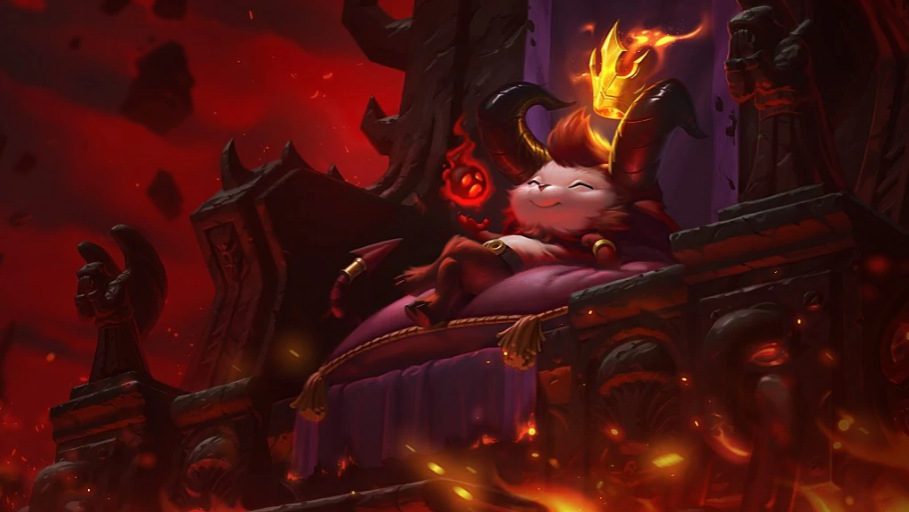
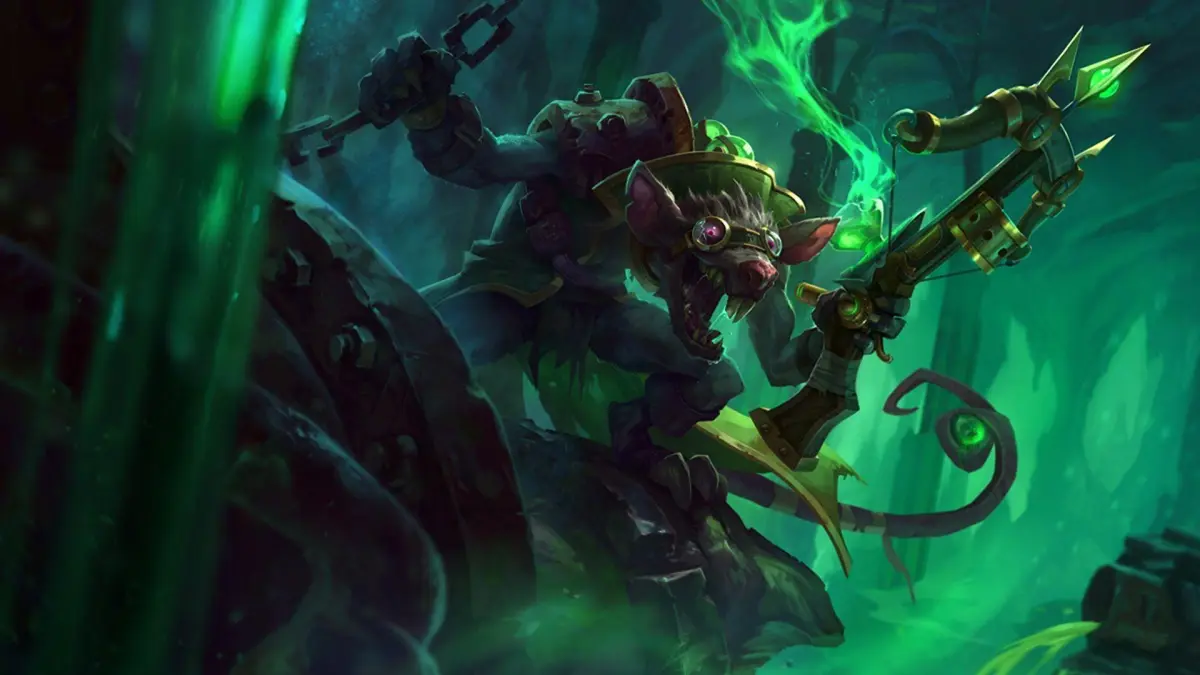
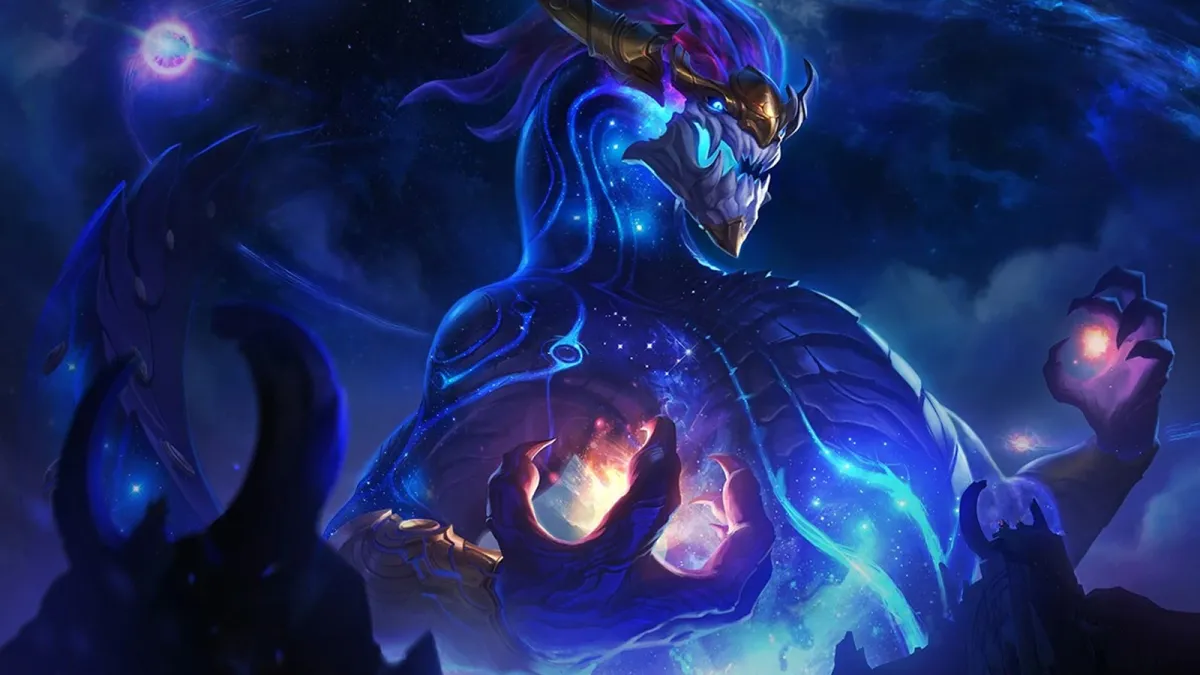
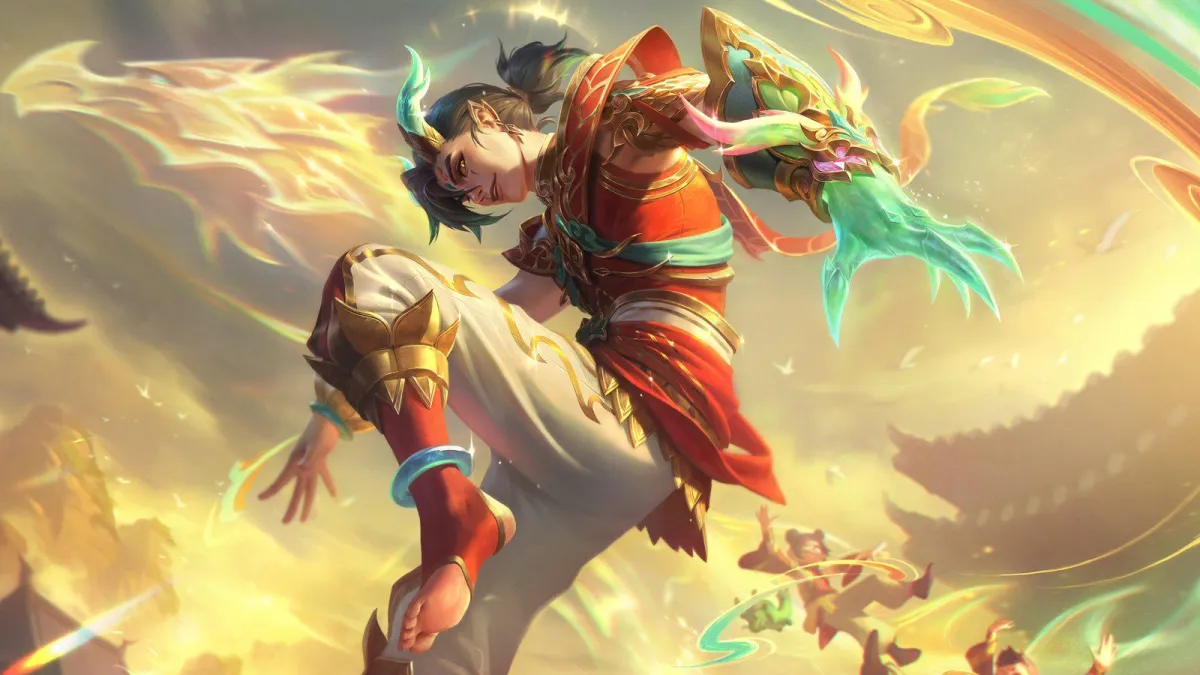
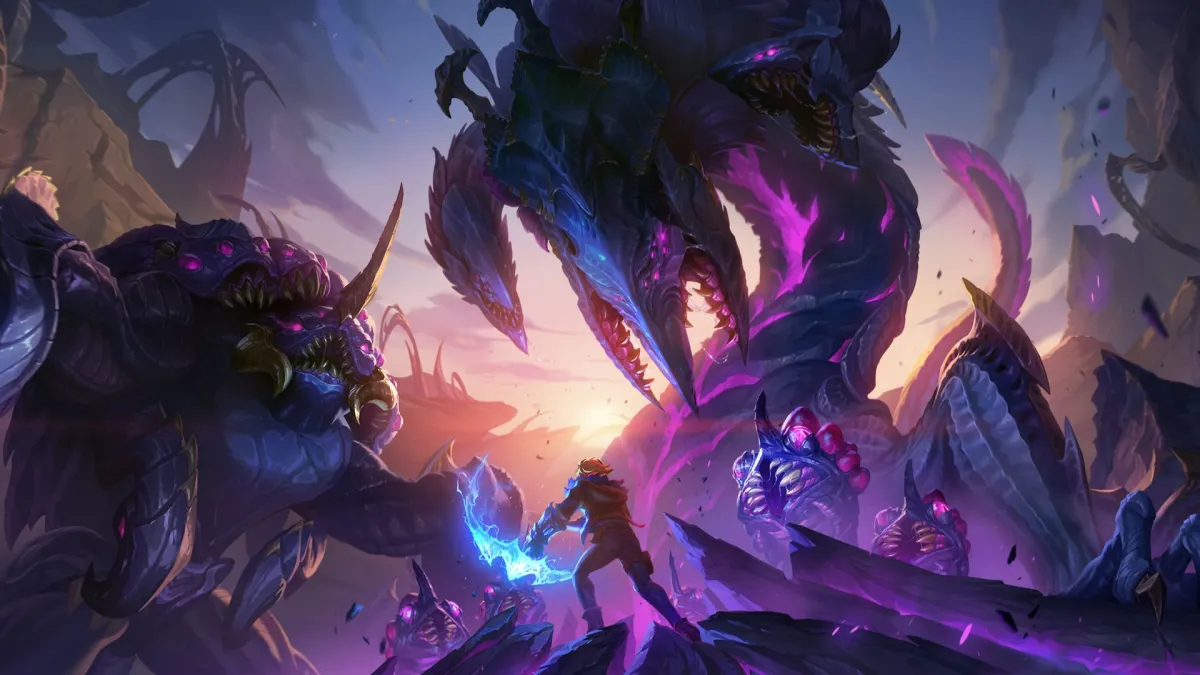
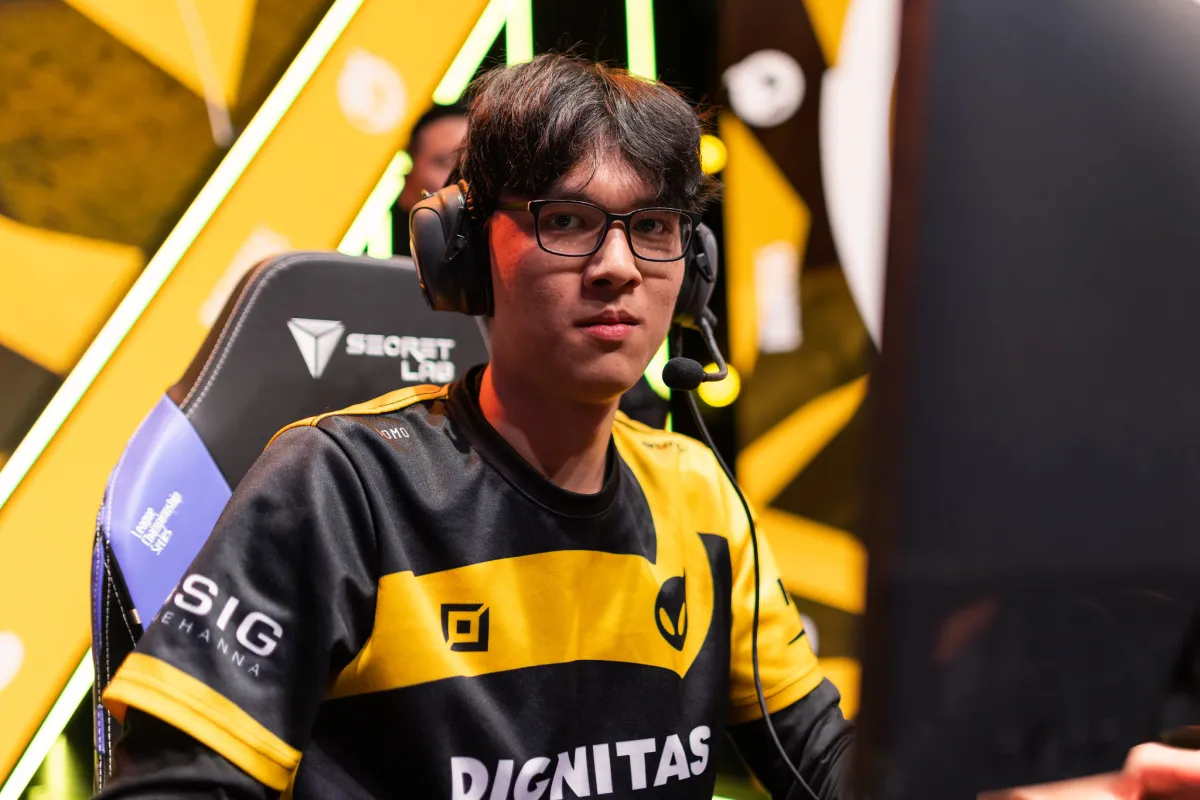
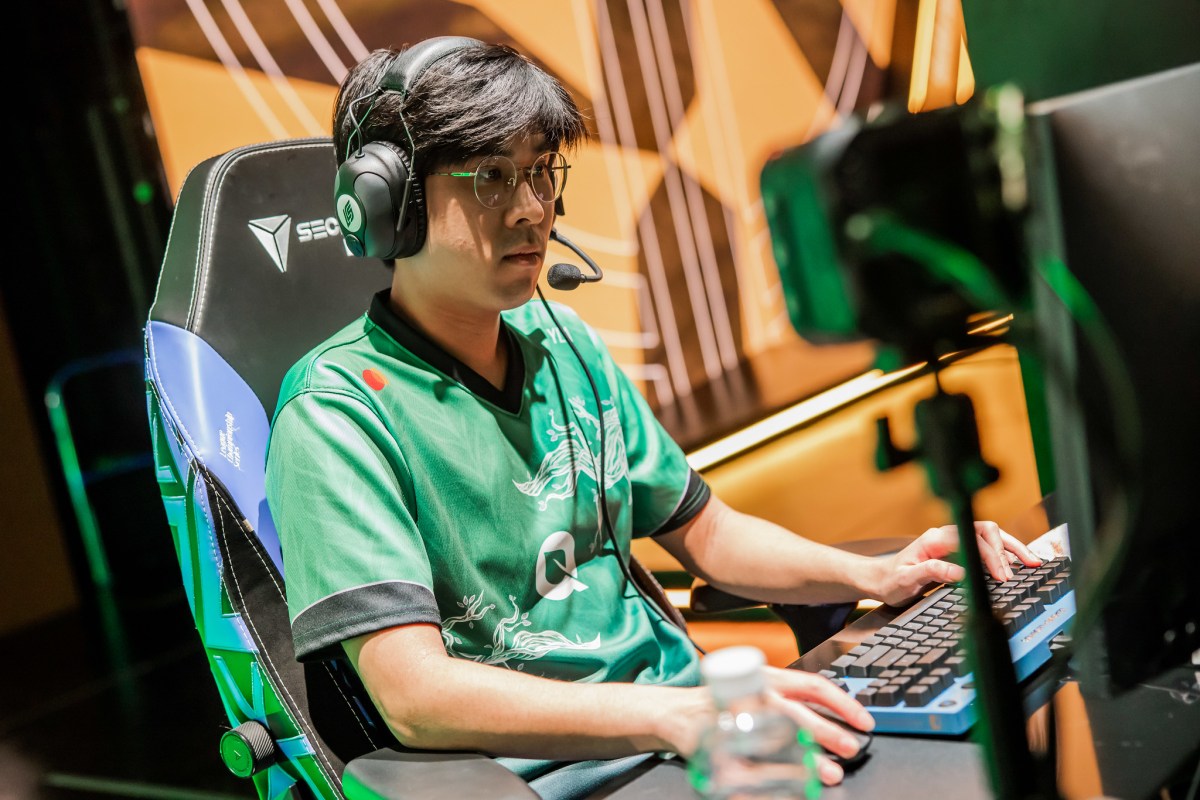

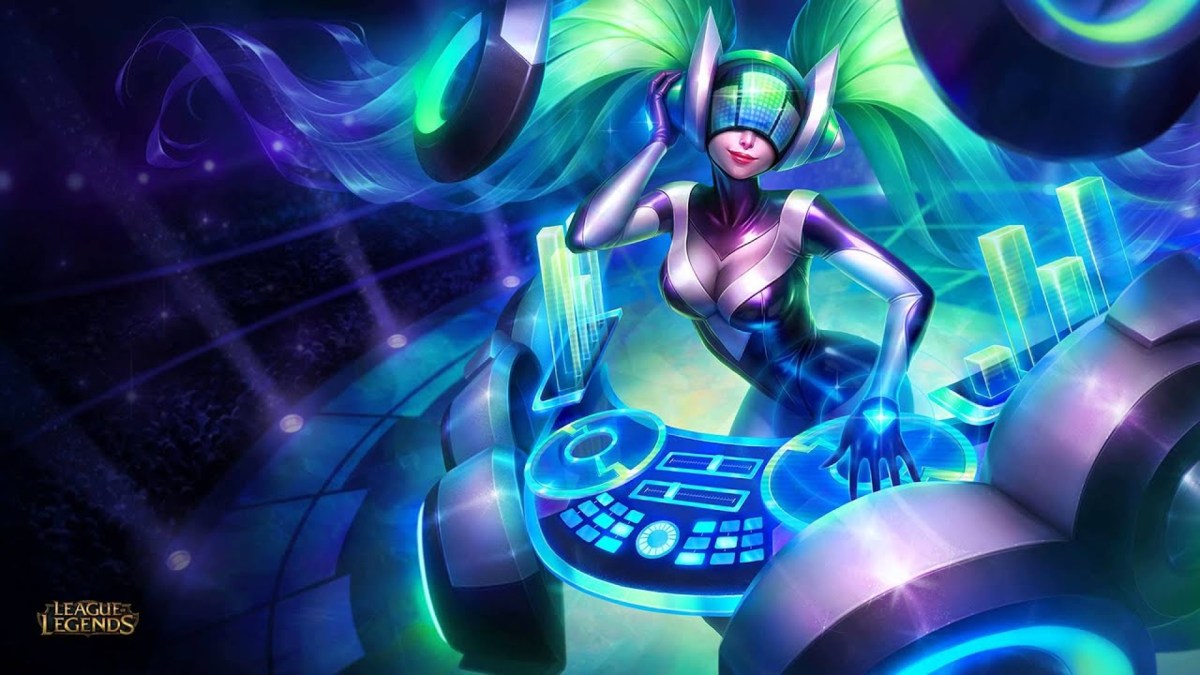


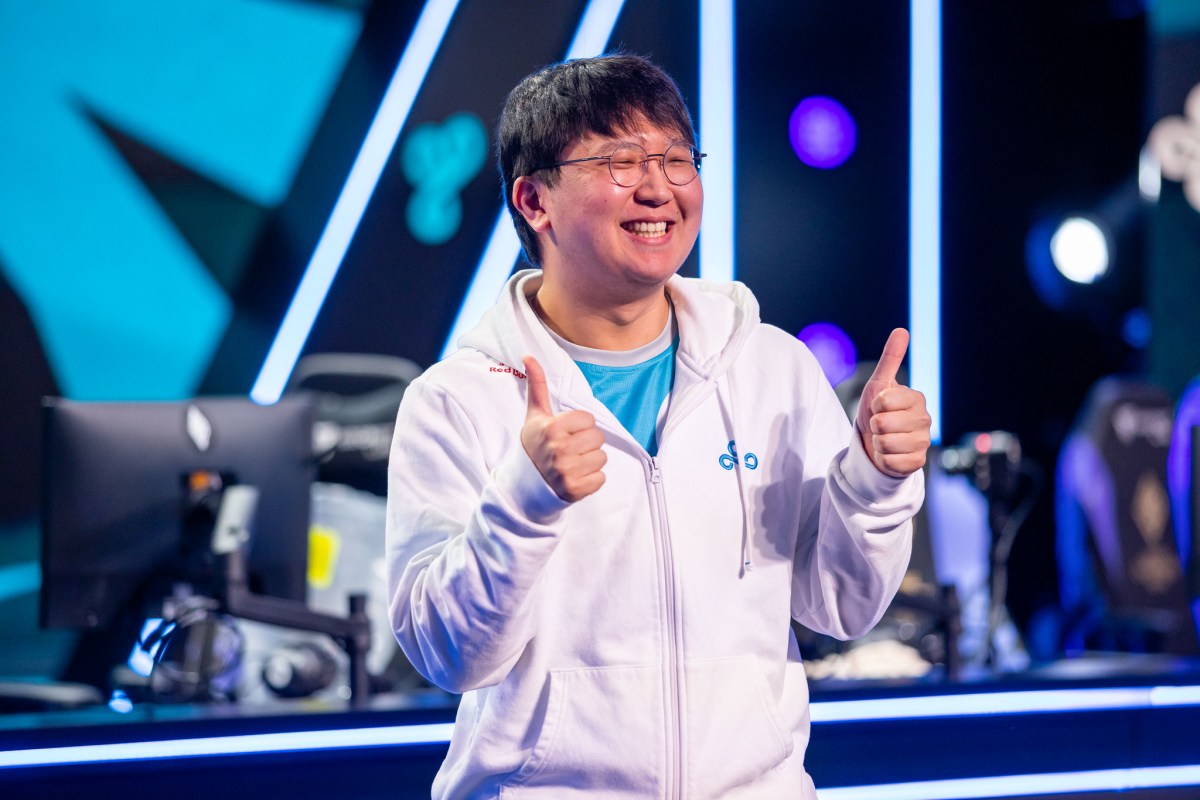

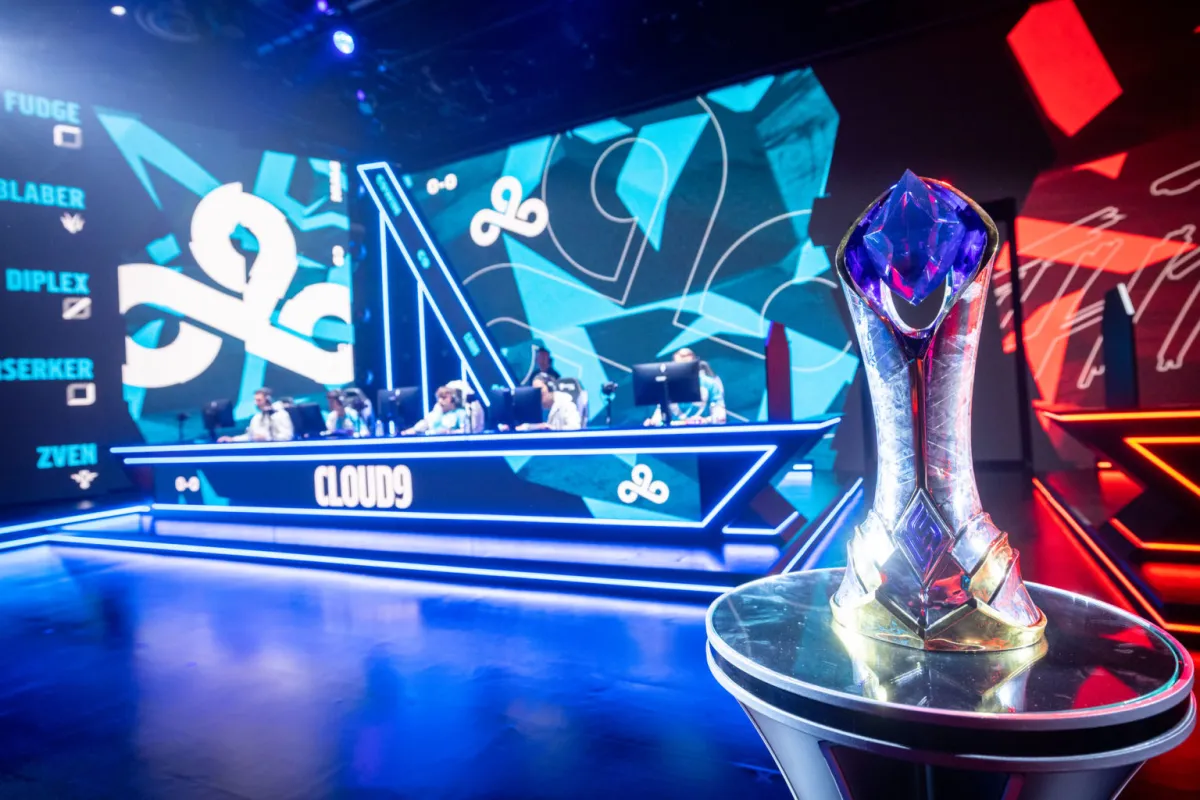
Published: Feb 10, 2020 01:12 am